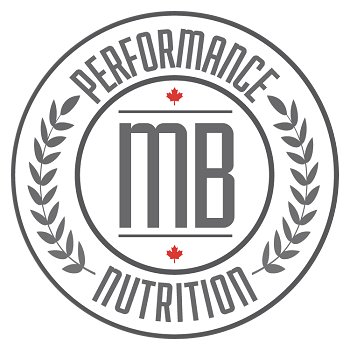Last updated on January 11th, 2024
In most sports, athletes must maintain their body weight and body composition in a narrow range for athletic success. Of course, this can be more important in some sports than others. For example, the average measured body fat levels of endurance runners is 6-13% for males and 10-19% for females. The range to succeed at might be even more narrow than that.
As an elite athlete, you likely can’t reasonably increase your energy output much more without compromising performance. If you follow a well-designed, well-periodized training plan, adding extra cardio workouts in an attempt to create caloric deficits is a mistake. This is why nutrition is the most critical factor in managing and/or improving your body composition.
It’s also important to know when to prioritize fat/weight loss. Nutritional periodization (a continuous nutrition plan that is manipulated based on your goals) needs to align with your training periodization so that your intake matches your output. This will create an ideal balance between your body composition management, peak performance and energy balance.
Losing body fat can improve performance, but it has to be done through scientifically proven methods that are safe and health-preserving. Rapid weight loss can have serious consequences and can lead to significant decreases in performance. Too much weight loss can also result in hormonal imbalances, iron-deficiency anemia, compromised bone health and loss of muscular strength and power. A body fat level of less than 5% for men and less than 9% for women will put you at risk.
Because of the potential decrease in performance that can happen by cutting too far back on calories, it is recommended that you focus on fat/weight loss goals early in the season. If done before and in the early months of base training, it should have minimum negative impact on your training and recovery. Calorie restriction in the build phase of your training program, or in the weeks leading up to a race, can have a negative impact on your training and is not recommended.
If your training and nutrition isn’t periodized correctly, physical and emotional ailments may emerge including poor sleep, muscle soreness, gastrointestinal disturbances, anxiety, irritability, depression, regular infections, flu-like symptoms and no motivation to train.


